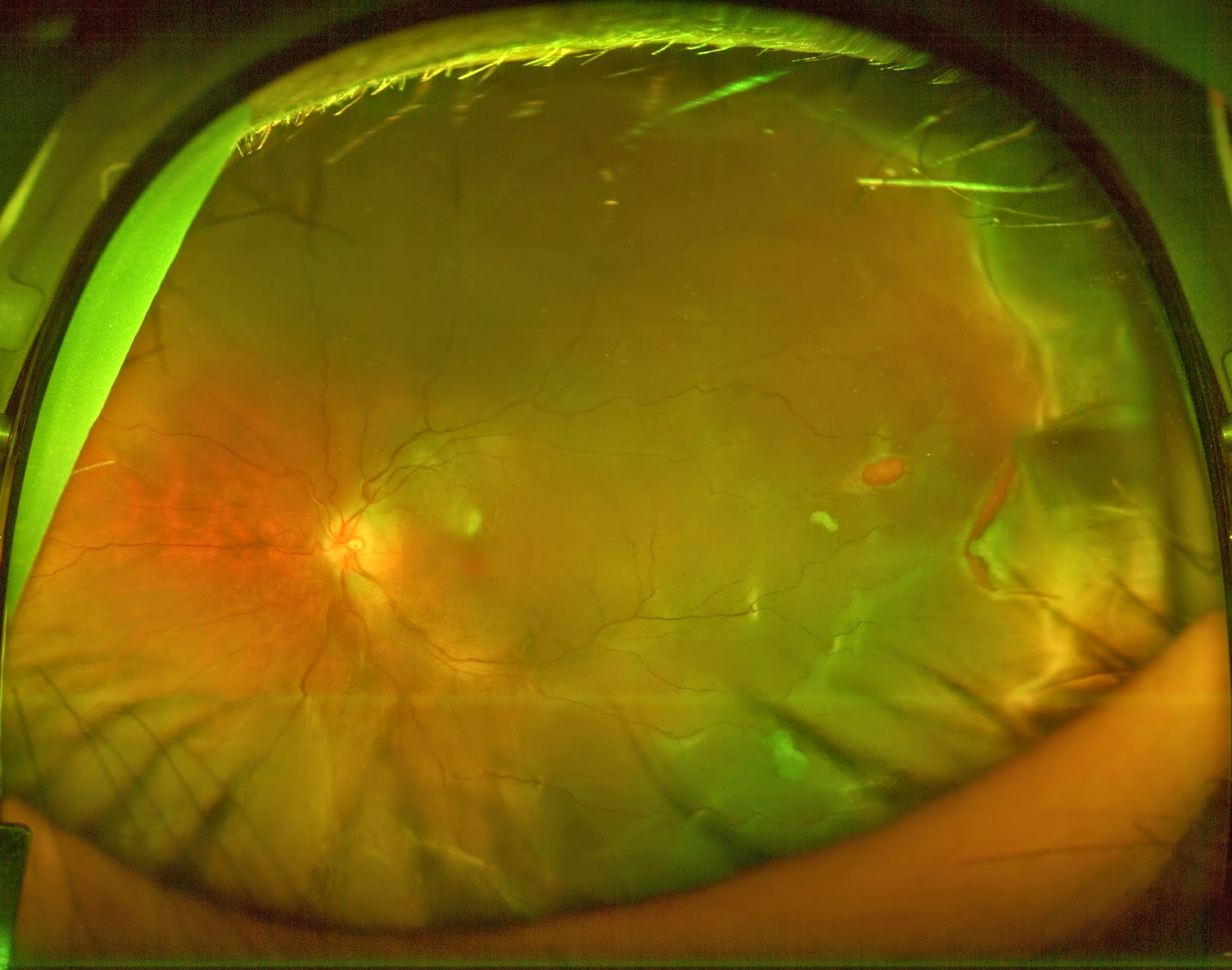
The retina is a thin layer of light-sensitive tissue on the back wall of the eye. Initial detachment may be localized, but without rapid treatment the entire retina may detach, leading to vision loss and blindness. Retinal detachment is a disorder of the eye in which the retina peels away from its underlying layer of support tissue. List of terms related to Retinal detachmentĮditor-In-Chief: C. Risk calculators and risk factors for Retinal detachmentĬauses & Risk Factors for Retinal detachmentĭiagnostic studies for Retinal detachment US National Guidelines Clearinghouse on Retinal detachmentĭirections to Hospitals Treating Retinal detachment Ongoing Trials on Retinal detachment at Clinical Ĭlinical Trials on Retinal detachment at Google Most cited articles on Retinal detachmentĪrticles on Retinal detachment in N Eng J Med, Lancet, BMJĬochrane Collaboration on Retinal detachment If an eye doctor suspects a torn or detached retina, you may be referred to a retinal specialist - an ophthalmologist who specializes in retinal disorders and can perform surgery if needed.Most recent articles on Retinal detachment If you do notice visible symptoms of retinal detachment or experience any other eye pain or vision changes, schedule an appointment as soon as possible as, once again, retinal detachment is an emergency situation. They will be able to monitor the health of your retinas and inform you about any elevated risks in the future. SEE RELATED: Types of retinal detachment Schedule an appointment with your eye doctorĪnnual comprehensive eye exams allow an eye doctor to spot any signs of a retinal issue as early as possible, even without any noticeable symptoms. Sometimes, multiple procedures are performed during the same operation. There are three types of surgery for retinal detachment. Surgery is currently the only way to treat a detached retina.

Your chances of experiencing some level of permanent vision loss tends to go up as more time passes. With either condition, the faster you can get treated, the better. If you notice a sudden increase in floaters or flashes, contact an eye doctor as soon as possible. However, they can also be symptoms of detached retina or a retinal tear.

While floaters resemble tiny dots or pieces of fuzz in your view, flashes resemble the sensation of “ seeing stars.” They can occur with age, injury or as the result of posterior vitreous detachment. While visual shadows and disappearing peripheral vision tend to be very noticeable, other warning signs can be more subtle.Įye floaters and flashes are often benign, meaning they aren’t usually a cause for concern.


SEE RELATED: What is retinal detachment? Be mindful of floaters, flashes and changes in vision When visible signs are present, detached retina symptoms may include:Įye floaters: tiny spots or wavy lines that drift across your field of viewįlashes or flickers of light in your visionĪ shadow or “curtain” growing over your vision Regular eye exams help eye doctors spot the early warning signs of a detached retina before it detaches or tears. Either way, a detached retina constitutes a medical emergency and calls for a trip to the eye doctor as soon as possible.Ī smaller retinal detachment can even be completely symptom-free, but it is still just as serious as a detachment with symptoms. They usually affect your field of vision instead. Retinal detachment symptoms are almost never painful. By Adam Debrowski reviewed by Gary Heiting, OD


 0 kommentar(er)
0 kommentar(er)
